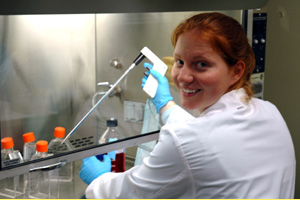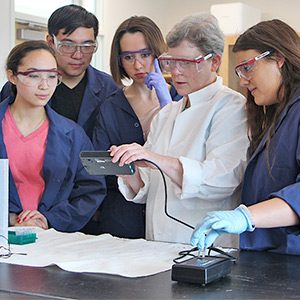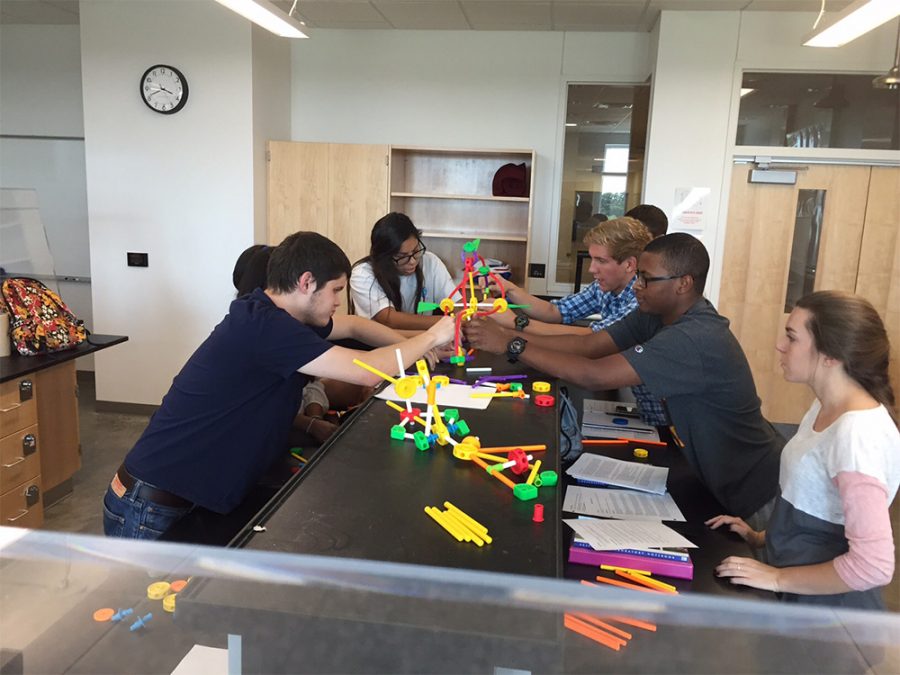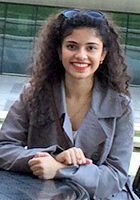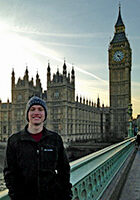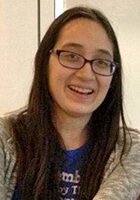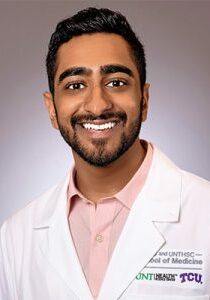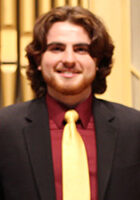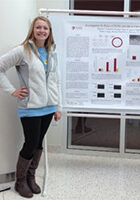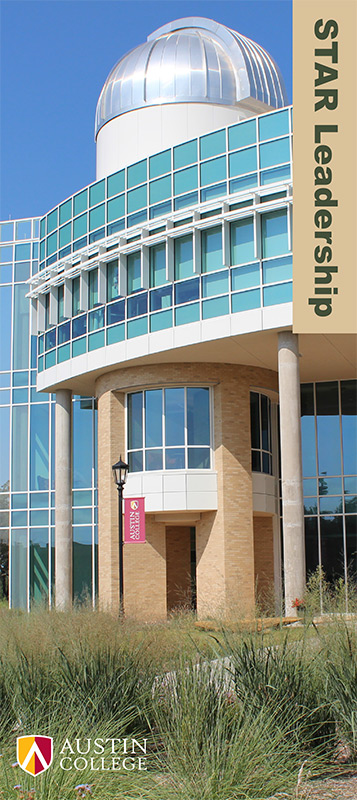STEM Teaching And Research (STAR) Leadership Program
All thoughtful and scientifically trained people are called to lead at some point in their lives.
What makes learning science different at Austin College? The innovative STEM Teaching And Research (STAR) Leadership Program combines common-sense leadership studies with STEM education to produce future leaders of the scientific community. Learn how to communicate research findings, lead a team of research scientists, or enact real change.
Making connections:
What will you learn?
Meet the Faculty
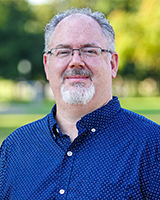
Director of the STAR Leadership Program
Bill Richardson Endowed Professor of Biochemistry
Professor of Biochemistry
Dr. Richardson pioneered the leadership integration model at Austin College in 2011 and has been instrumental to the architecture of the STAR program since its inception. He is also an accomplished scientist and maintains an externally funded research program that focuses on the structure-function relationship of disease causing proteins.
STAR Steering Committee:
John Richardson, Director of the STAR Leadership Program, Professor of Biochemistry
David Aiello, Associate Professor of Biology
David Baker, Professor of Physics
Peter Schulze, Professor of Biology
Ryan Felix, Associate Professor of Chemistry
J’Lee Bumpus, Professor of Mathematics
 Learn More ...
Learn More ...
Please direct any questions about the STEM Leadership Program to John Richardson, Director.
